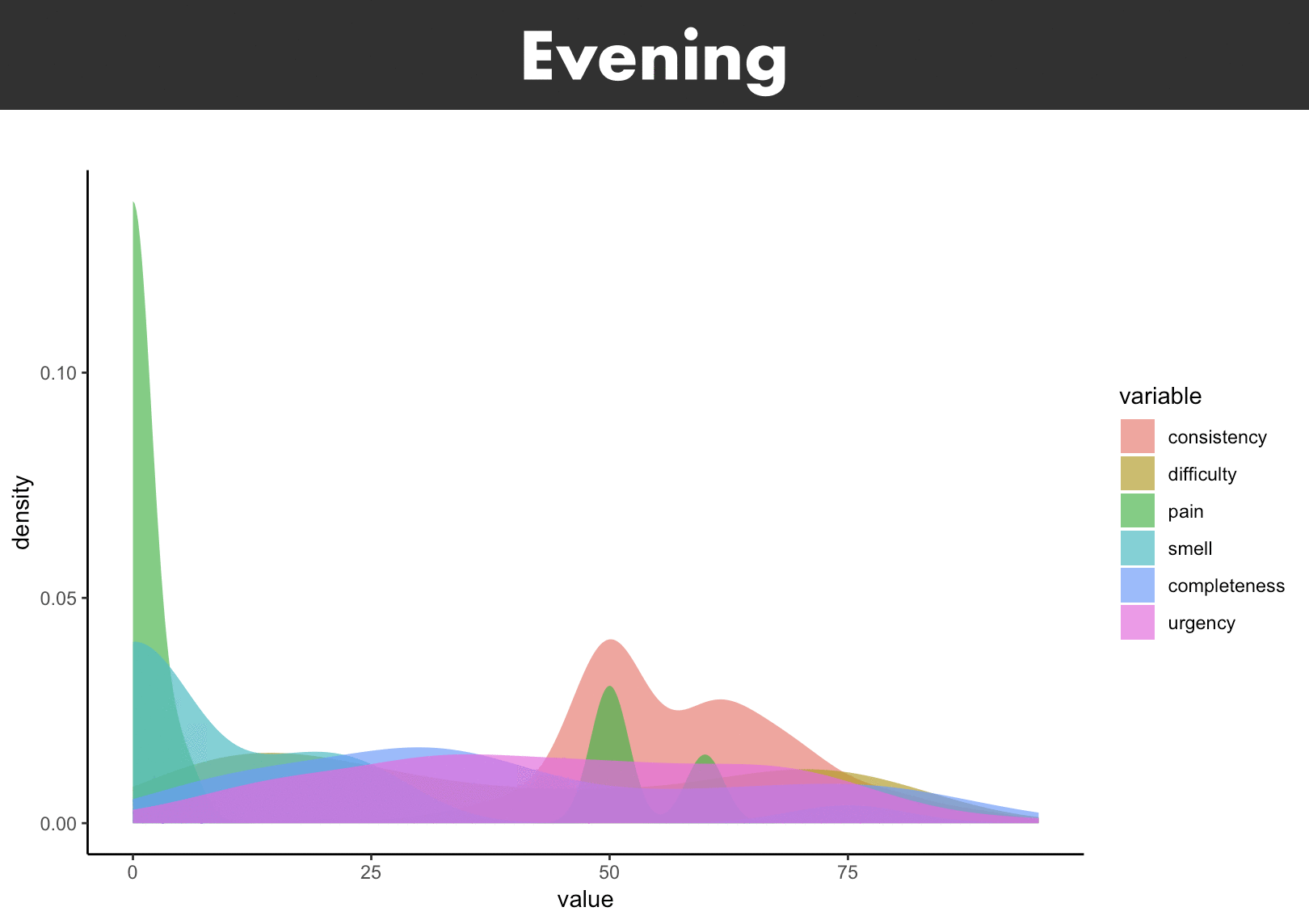Los Angeles, CA - August 19th, 2021: Dieta Health announced a $1.2M pre-seed funding round led by Tom Williams of Heron Rock Fund with participation from Techstars Ventures (follow-on), Cedars-Sinai, and Verissimo Ventures. The group of investors backing Dieta include the largest healthcare payer, a top gastroenterology medical center, and a robust group of healthcare entrepreneurs and corporate leaders. This capital raise highlights Dieta’s vision of building a future where digestive healthcare is more affordable, accessible, and personalized with AI. The additional investment will allow Dieta to accelerate the expansion of its platform to more healthcare institutions and GI patients.
Irritable Bowel Syndrome affects 11% of the global population. But what makes this condition particularly hard to treat is the difficulty in defining and objectively measuring it. Bowel movements have always been measured subjectively, with patients observing their stool and guessing how to report it to their doctors based on the Bristol Stool Scale. Doctors and clinicians use these subjective descriptions to try to choose between hundreds of treatments options that are available to patients, often getting it wrong and leaving the patient confused and demoralized.
Dieta has built the world’s first mobile app with stool image recognition technology to objectively measure multiple characteristics of stool and use the resulting data to classify patients into distinct categories. Dieta’s stool AI technology was recently validated in a human clinical trial at Cedars-Sinai Medical Center where AI classifications were compared to annotations of expert gastroenterologists (results expected to be published in October 2021). The Dieta platform also helps manage GI care by letting patients track diet, medications, treatment interventions, and communicate with their clinical team.
The Dieta Team is Growing:
Dieta Health is HIRING - for business development & operations, product management, data science, and design. Coming out of 2 of the top healthcare accelerator programs, validating its AI technology in a clinical trial, and signing its first 3 institutional customers, there is no better time to join this team and movement to revolutionize digestive healthcare.
About the team:
Asaf Kraus, Dieta’s CEO and Founder, is a professional data scientist and an IBS patient. In 2017, he was working on machine learning applications as a Data Scientist at Uber, when he was diagnosed with IBS. He spent most of his time outside of work for 1 year consulting with many clinicians, experimenting with dozens of treatment options, and even participating in a clinical trial with an experimental medication (where the idea for stool image recognition was born). The painful and confusing journey he faced as a patient led him to believe there was a better way to measure and manage IBS, one that leveraged modern data and AI technologies. Dieta’s applications have already been used by over 5,000 patients and dozens of clinicians. And the Dieta team is looking forward to scaling this technology to millions more patients with this important milestone of Dieta’s first fundraise.
For more information contact support@dietahealth.com or visit dietahealth.com





